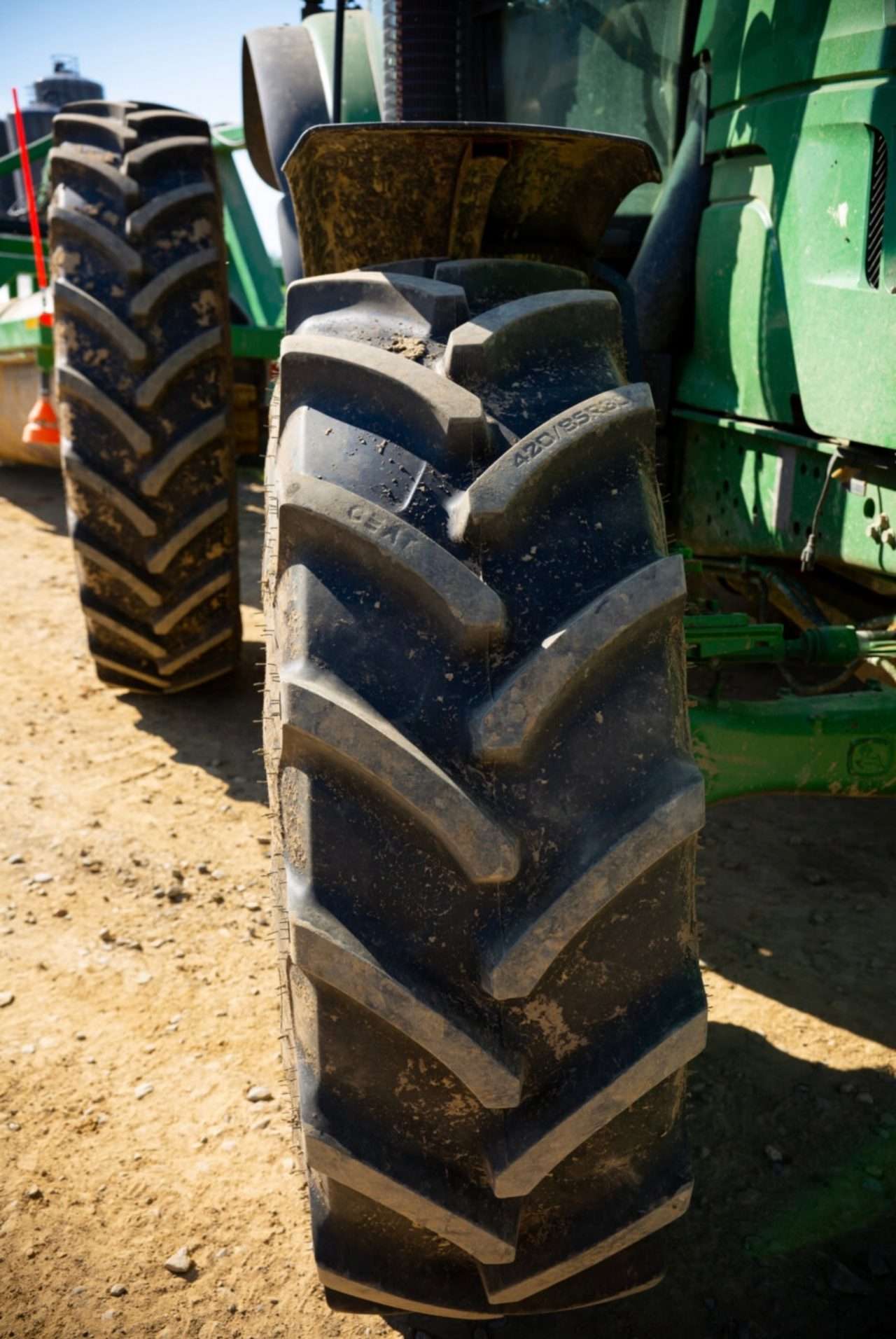ceat-speciality:blogs-tags/all,ceat-speciality:blogs-tags/tire-advice
12 Interesting Facts about Farm Tractor Tires — Everything You Need to Know
Thu, 29 Sep 2022 | PRODUCTS
A farm tractor tire that is right for the application and delivers on traction, roadability, less soil compaction and tread wear can greatly enhance farm productivity. Here’s 12 tractor tire facts that farmers need to know:
- Tractors vary by HP wherein a higher HP tractor is used when the farm sizes are bigger and the load to be hauled is more. Tractor tires are designed keeping these varied requirements in mind.
- Tractor tires come in multiple sizes. Depending on the tractor HP, there is a specific tractor tire size that is recommended.
- While tractor tires come in radial and bias technologies, the specific application, load-carrying capacity, and compaction and traction needs are the main deciding factors on whether radial or bias tires are better suited.
- Bias tires might be the right option but they do not provide the benefits of radial technology. If you want the best traction possible, improved efficiency, larger footprints, reduced compaction, a better ride, or any of the above, you need to stick with radials. Bias farm tractor tires do not deliver these improved features due to the carcass design.
- The angle of the farm tire’s lugs is a big factor in dictating traction. The CEAT FARMAX R85 features a higher angle lug and lug overlap at the center of the tread for superior roadability.
- A lower angle at the shoulder, an important feature of CEAT FARMAX tractor tires, delivers superior traction in the field.
- The space between a tire’s lugs is also a very important factor in traction. The space allows tractor tires to expel mud, dirt, and water for better traction. Treads with lower lug-to-void ratios work better in the field. Tires with higher lug-to-void ratios work better on hard surfaces like the road. Ideally, the tractor tire, like the CEAT FARMAX line, delivers the best of both worlds – dependable traction in the field and a smooth ride on the road.
- R1 tractor tires are excellent tires for everyday farm chores. They perform decently in muddy fields and dirt but are not as capable in the snow.
- The R-1W farm tire, like the FARMAX R70, is a more aggressive type of tractor tire in terms of tread; the W (wet) in the name signifies its ability to perform tasks in deep mud or clay. This ability comes from a 25 percent deeper cleat compared to the R1 tire.
- One of the most important developments in farm tires in recent years is IF (increased flexion) and VF (very high flexion) tires. IF tires are designed to carry 20% more load than a standard radial and, alternately, carry the same load as a standard radial at 20% less pressure. VF tires are even more advanced with the ability to carry 40% more load or the same load with 40% less pressure. Structural and compound innovations in IF/VF tires allow the sidewalls to flex more during operation. By utilizing the lower inflation pressures made possible by IF/VF tires, a farmer can increase the tires’ ground contact area, helping with traction and fuel economy, and also reduce the harmful downward forces that cause soil compaction.
- Nothing is more important for long tire life than keeping your farm tires properly inflated. A tire operating outside of the specified inflation range is a problem waiting to happen – probably sooner rather than later.
- Each tractor tire has a load capacity. Carrying load that is way above the recommended load for the tractor or implement will cause damage and increase the tread wear rate. This critical information is contained in the tire manufacturer’s data book. Your tire dealer can also be a valuable resource for determining a tire’s load capacity.











































